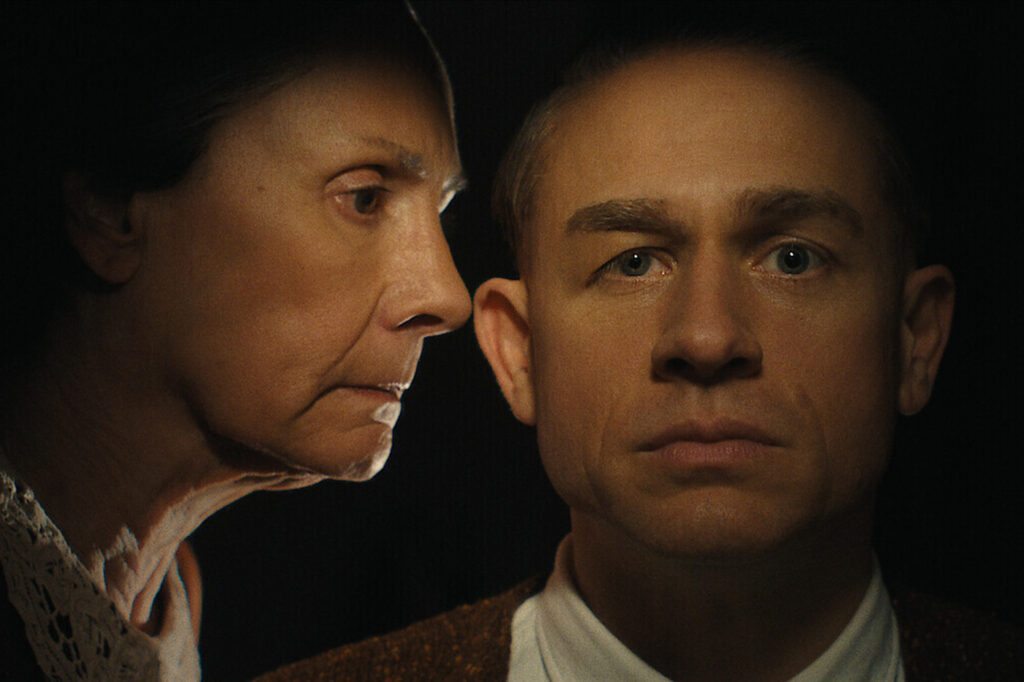
The Life and Crimes of Ed Gein
Ed Gein, a name synonymous with the twisted world of true crime, was an infamous figure whose crimes shocked the nation in the late 1950s. Known as the “Butcher of Plainfield,” Gein’s life story continues to haunt and fascinate audiences, embodying the darkest aspects of human nature. One question that often arises in discussions about his life is whether he ever had a girlfriend and how his relationships may have influenced his actions.
Ed Gein’s Background
Ed Gein was born on August 27, 1906, in La Crosse, Wisconsin, and raised in a strict household by an overbearing mother. His upbringing instilled in him a strong reliance on his mother and a deep-seated fear of women, which would later complicate his social interactions and romantic experiences. Gein’s notorious crimes, which included grave robbing and murder, were reflective of his traumatic childhood and psychological disturbances.
Relationships During His Lifetime
While there is limited information about Ed Gein’s romantic life, historical accounts suggest that he had very few relationships, mostly due to his intense shyness and psychological issues. There is no substantial evidence to confirm that Gein had a girlfriend at any point in his life. His mother, who passed away in 1945, was a significant influence on him, fostering a complex relationship that may have prevented him from forming connections with women.
After his mother’s death, Ed’s mental health deteriorated, and he became increasingly isolated. The absence of meaningful female relationships in his life may have contributed to his later actions, which included a grotesque obsession with female anatomy.
The Impact on True Crime Narratives
The curiosity surrounding Ed Gein’s potential romantic relationships serves as a lens through which to understand his psyche. His isolation and disturbing behavior have been studied extensively by criminologists and psychologists who seek to understand the root causes of his crimes. While Gein did not have a girlfriend, his aversion to women and abhorrence of abandonment played key roles in shaping his violent tendencies.
Conclusion
In summary, Ed Gein did not have a girlfriend, as evidenced by both historical accounts and analyses of his life and mental state. His troubled upbringing, reliance on his mother, and subsequent isolation contributed significantly to his complex persona and gruesome activities. This stark reality highlights the multi-faceted nature of human psychology and serves as a reminder of the profound effects early relationships can have on an individual’s life.



